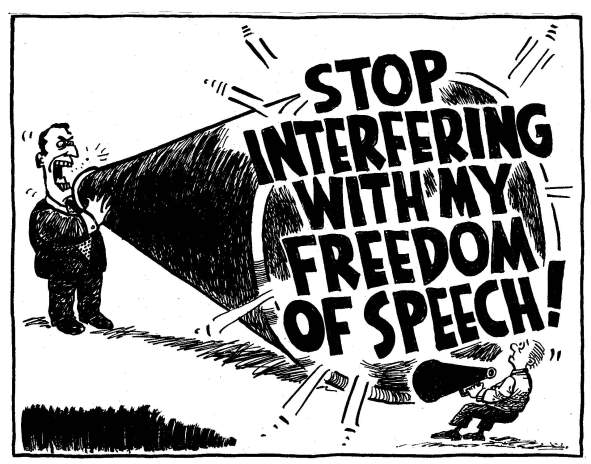
Ethical Issues Raised by Educational Use of Social Media
Ethical issues often deal with what is right and what is wrong, what is good and what is bad, and what rights and responsibilities people should have (Ask.com, 2014). The uses of social media is increasing, students are now digitally connected with one another and teachers nowadays are open to the concept of being their ‘friend’ online. Gradually over time, educational system and modules are going online, such as having excel or access classes, and even online modules.
Continue reading →









